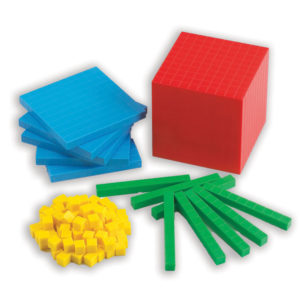Where to find us
Shireland Technology Primary
Waterloo Road
Smethwick
West Midlands
B66 4ND
site by happy-giraffe.com

Looking for a Nursery place for September 2024 start for a 3 year old? Call us now to apply on 0121 720 3388
Children investigating, exploring and having fun in mathematics is at the heart of what we do at Shireland Technology Primary!
We have a ‘can-do’ approach and believe that every pupil is capable of success. We want all children to be confident mathematicians who are fluent in calculating and recalling number facts, reasoning and solving problems. This includes confidence in the classroom, but also more widely in daily life.
Our teaching is highly practical and interactive to help inspire a love of Mathematics from the earliest age. Pupils take part in a focussed mathematics session each day. These sessions focus on developing the understanding of key maths concepts using a range of practical equipment such as tens frames, bead strings, Numicon and the use of their fingers – an important manipulative for young children! Teachers encourage pupils to discuss ideas, ask questions, investigate and represent problems in their own way.
Pupils are encouraged to make rich connections between different areas of maths and to use their mathematical skills in other subjects such as Science and Geography.

We aim for all pupils to develop a deep understanding of key mathematical ideas.
There is a strong emphasis on the ‘why’ and not just the ‘how’. We don’t just learn procedures- we unpick the maths and aim to develop a ‘reasoning classroom’ where problem solving and reasoning form a vital part of each lesson. Children quickly come to expect that they need to explain and justify their mathematical thinking and they soon start to do so automatically – and enthusiastically! We also want children to ask as many questions as the teachers and encourage investigation and discussion.
“Automaticity is about knowing the basics so well you don’t have to think them through afresh each time.”
We know that spending a short time every day on rapid recall of number facts such as number bonds to 10 or times tables quickly leads to improved fluency. This is not meaningless rote learning; rather, this is an important step to developing understanding through identifying patterns and relationships (for example, that the products in the 4× table are double the products in the 2× table).
We work closely with parents and strive to support them as much as possible with their child’s learning at home. This includes the use of videos to access with your child and Flipped Learning, as well as regular family workshops.
Further information about our Mathematics provision can be found here.